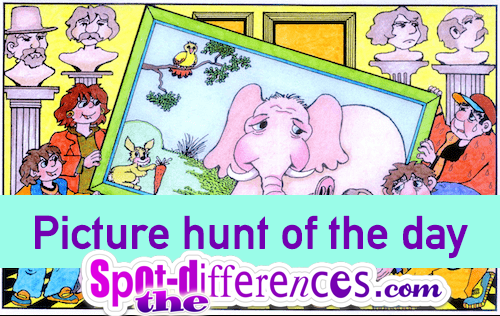Sawing through Discrimination against Dyslexics
With greater understanding of the turbulent nature of dyslexia, the tangled chains of prejudice that some nondyslexics sometimes harbor, unconsciously or consciously, against dyslexics can be sawed through and disentangled to free both groups to be the best they can be.

Thomas Ellison at Work. Photo © Linda Davis-Kyle.
Sawing through prejudice is as difficult as sawing through a sidewalk.
Programmer Victor Widell Helps Saw through Prejudice
As a beautiful heartfelt highlight to help bring greater understanding between those without and with dyslexia, who sometimes distance themselves from each other, the Kindle book, Writing for a Cause: Encouraging Nondyslexic and Dyslexic Teens to Write about Health and More, features the resourceful innovation of the brilliant progammer Victor Widell of Sweden that gives nondyslexic readers a glimpse into the struggles that some dyslexic readers experience. Being able to see the rowdy letters or jumbling numbers through the eyes of a dyslexic, even momentarily, perhaps not only can help nondyslexics be more understanding and compassionate of those who must contend with the difficulties dyslexia presents but also be more grateful for their own consistent and constant smooth reading.
This Kindle book contends that with dedicated teachers, a writing strategy, and assiduous practice, teens and ’tweens—who aspire to write—can succeed just as nondyslexics Rachel Parent from Canada, Safe Food Activist and Kids Right to Know Founder, Martha Payne from Scotland, activist and author of Never Seconds, and Jake Marcionette from the United States and New York Times bestselling author of the Just Jake series, who began writing as pre-teens have done.
Indeed, the book also affirms that pre-teen and teen dyslexics will be blessed to find devoted teachers skilled in methods that help students conquer the hardships that dyslexia imposes. If it is their profound desire, dyslexics can write. With a strategic writing plan, guidance from their forward-thinking instructors, and consistent and persistent practice, dyslexics, too, can meet their goals like the award-winning exemplary quartet—Agatha Christie, F. Scott Fitzgerald, Octavia Butler, and Sherrilyn Kenyon, who began writing in their very early years.
Daniel Eckstein and Jeanne Betancourt will hearten beginning writers beyond their teen years and inspire them to take up writing if it is their burning desire. Sawing through the prejudice can empower those with dyslexia to reach for and achieve their dreams. — Excerpted and Modified from Writing for a Cause by Linda Davis-Kyle. Foreword by Astrid Kopp-Duller, PhD. Reprinted here with permission.
Davis-Kyle is a general interest, fitness and health writer who has been published in professional journals such as Notes and Queries in the UK and Modern Drama in Canada and popular magazines such as WellBeing in Australia and Healthy Options in New Zealand.
Category: News







